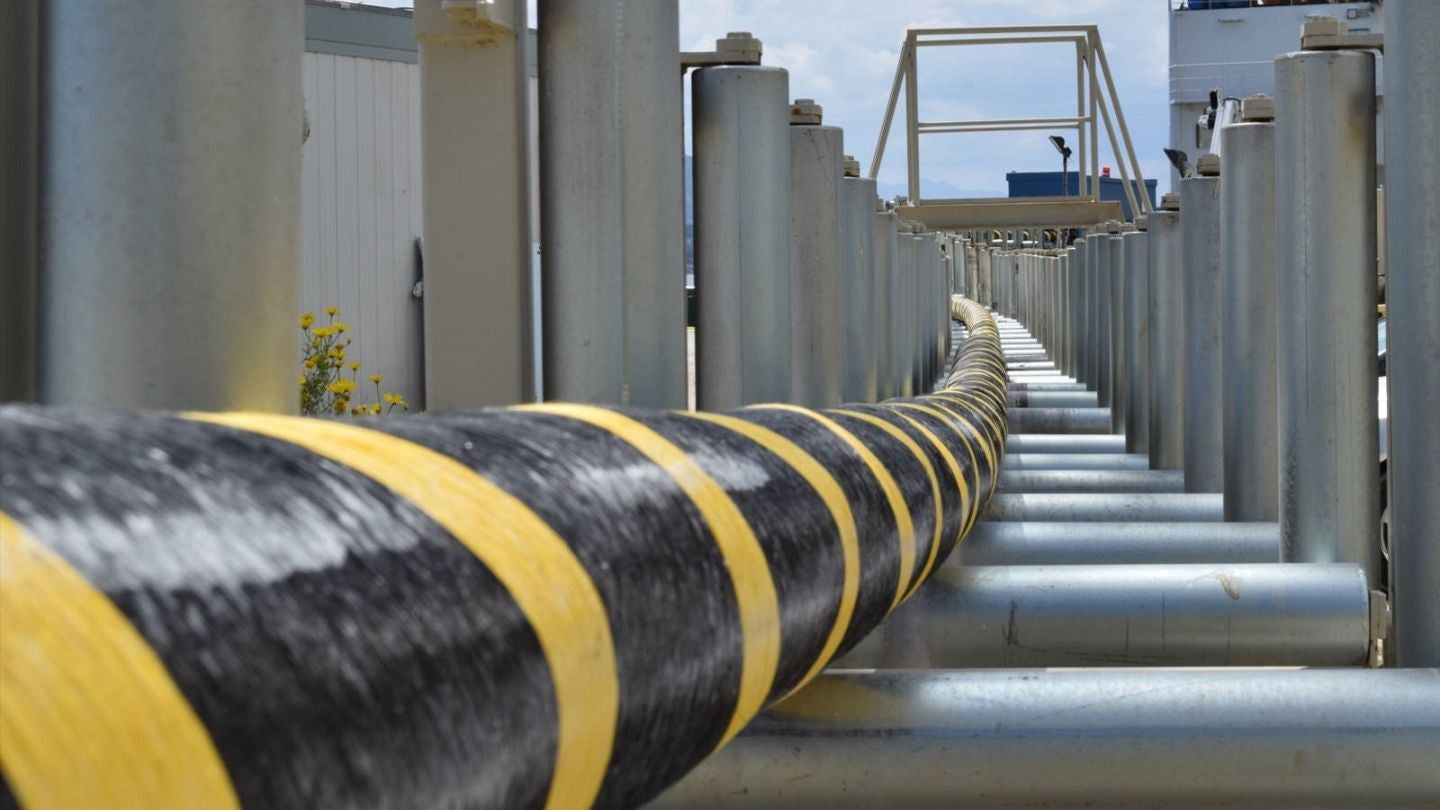
RWE and Northland Power, the owners of Nordseecluster, have selected Hellenic Cables as the preferred supplier for the cluster of four offshore wind farms.
RWE and Northland hold 51% and 49% stakes, respectively, in Nordseecluster, which will be built in two phases – Nordseecluster A and B.
Phase one consists of two wind farms with a total capacity of 660MW and is currently in the process of seeking permits.
Hellenic Cables will supply 185km of 66kV aluminum and copper conductor cables.
The cables will connect the 44 wind turbines to two offshore substations at Nordseecluster A and 60 wind turbines at Nordseecluster B, which will be directly routed to the transmission system operator’s converter.
Hellenic Cables general manager Kostas Savvakis said: “It is a great honour for Hellenic Cables to have been once again selected by RWE and Northland Power as the preferred supplier for a project – the strategic offshore wind cluster in the German North Sea.

US Tariffs are shifting - will you react or anticipate?
Don’t let policy changes catch you off guard. Stay proactive with real-time data and expert analysis.
By GlobalData“We are looking forward to jointly contributing to the country’s energy transition by supplying green electricity through our technologically advanced cables.”
The cable delivery and installation at Nordseecluster A is expected to take place by the end of 2025, with commercial operations anticipated in early 2027.
Nordseecluster B will also consist of two wind farms with 900MW of total capacity. Its cable delivery and installation works are scheduled to take place in late 2027 and commercial operation is expected to begin in early 2029.
When completed, Nordseecluster is expected to include more than 100 wind turbines, each with 15MW of power-generating capacity.
This will produce 6.4 terawatt-hours of clean energy, sufficient to power 1.6 million average German households.



